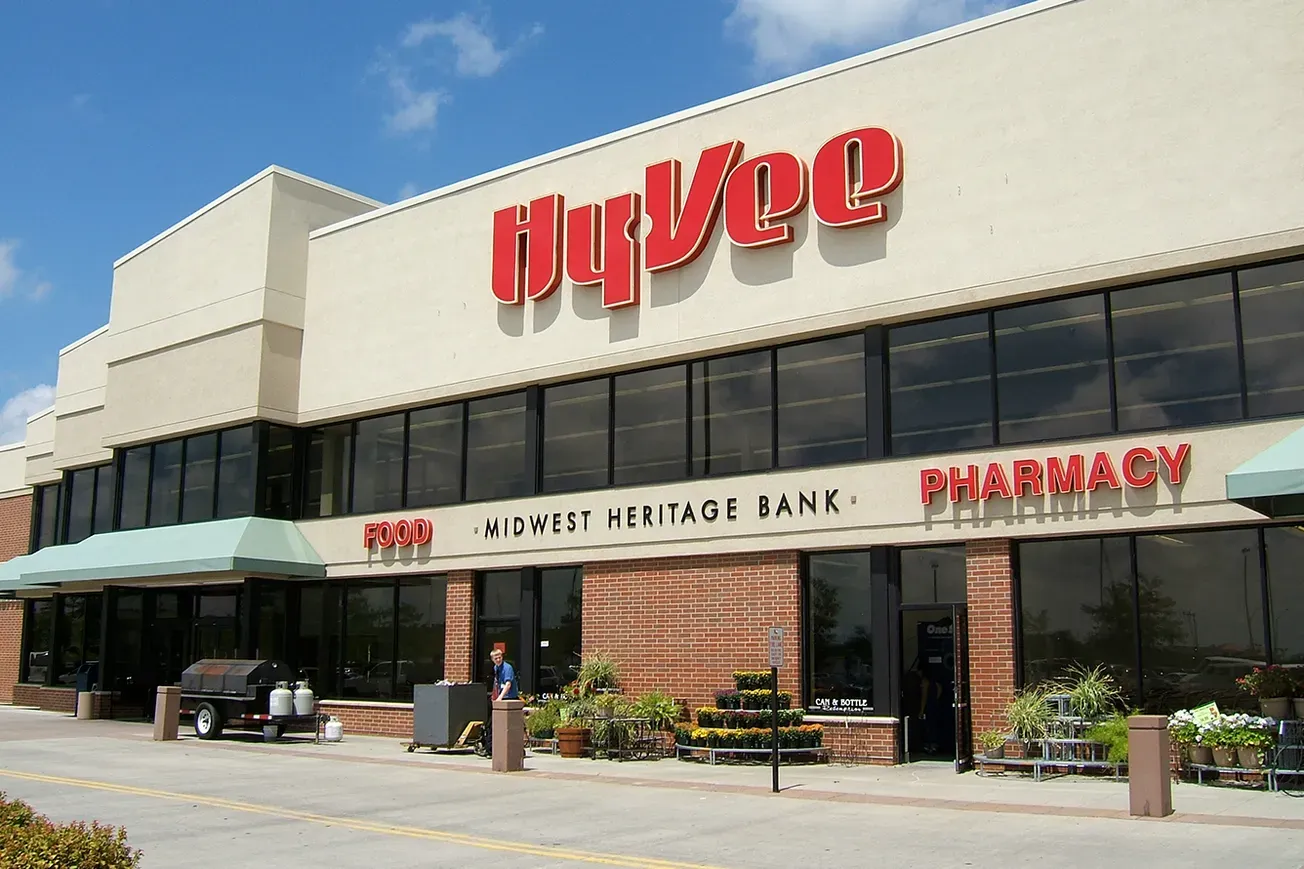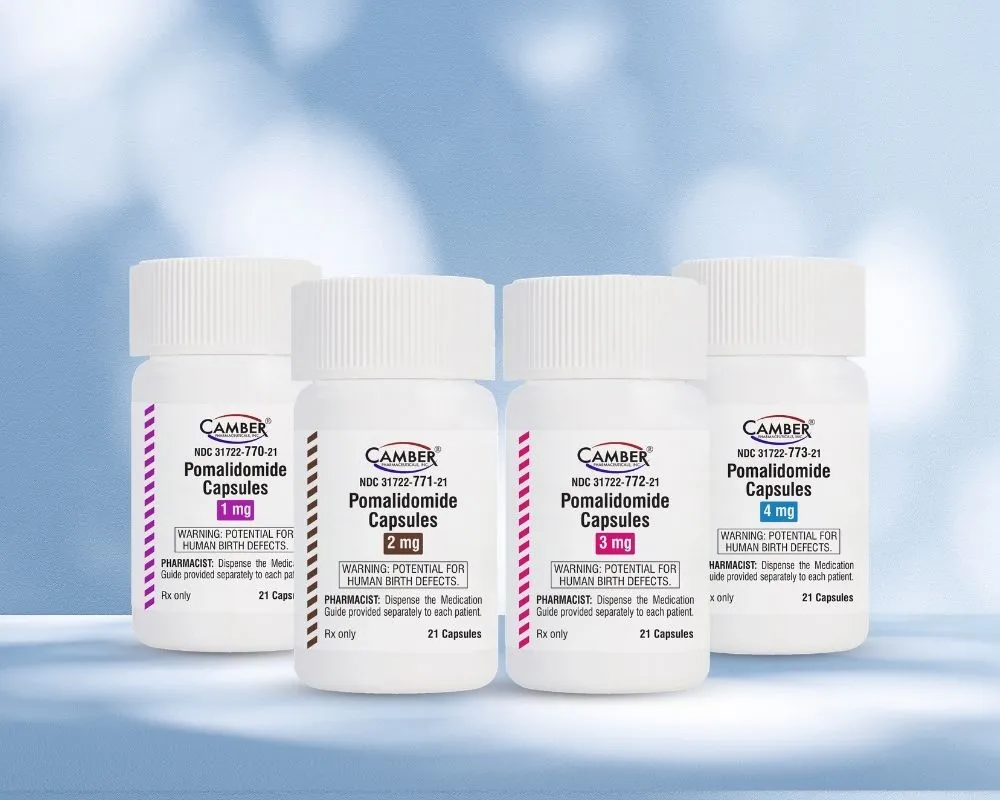WASHINGTON — Community pharmacy advocates are hailing the approval of higher dispensing fees in the Texas Medicaid program as a significant victory.
The Centers for Medicare and Medicaid Services (CMS) recently cleared the Texas State Plan Amendment, which boosts the pharmacy dispensing fee from $5.14 to $7.50. The change is retroactive to September 1, 2007, but pharmacies will not be seeing that increase because the state has been reimbursing at the higher rate since then in anticipation of CMS’ approval.
Steve Anderson, president and chief executive officer of the National Association of Chain Drug Stores, noted that the fee change came after a more than three-year effort by NACDS and its state partners.
“CMS’ approval of the increased dispensing fee is a huge victory for patient care in pharmacies,” Anderson stated. “Inadequate dispensing fees contribute to pharmacies’ providing medications to Medicaid patients at a loss, which impacts their ability to serve the most vulnerable patients. The increase in the dispensing fee in Texas — and its approval by CMS — is vital for patient care.”
Anderson expressed NACDS’ appreciation to the numerous individuals and organizations in the state who influenced the CMS decision. The Texas Federation of Drug Stores, the Texas Pharmacy Association and the Texas Pharmacy Business Council all played key roles in getting the new reimbursement rates approved, he said.
Anderson also praised state and federal lawmakers and regulators for recognizing the need for higher Medicaid reimbursements for pharmacies.
“We thank [Texas] Governor Rick Perry and state health and human services commissioner Tom Suehs for supporting the effort and for providing both the state and federal funding for two years while awaiting approval of the plan,” Anderson said. “We also thank the dedicated staff with the Medicaid/CHIP Vendor Drug Program for their persistence.”




